Victims of what has come to be described as a “postmodern coup,” when the military interfered in civilian life and left a permanent stain on Türkiye’s political history, are working to prevent a repeat of that dark day.
On Feb. 28, 1997, the lives of millions took a sharp turn, especially women expelled from schools for wearing headscarves and men deemed “too conservative” to hold public sector jobs and were fired, as well as others who suffered threats and lengthy legal processes, after the Turkish army, then still adhering to a tradition of self-claimed “tutelage” of Türkiye’s secular elite, joined forces with the judiciary organs in vehement opposition to what they called “reactionary forces” in power.
The path to the coup seemingly started after the coalition government of the Welfare Party (RP) with the True Path Party (DYP) overwhelmingly endorsed by conservative voters, took the reins for the first time in Türkiye in 1996.
Actions of RP supporters and then-Prime Minister Necmettin Erbakan exacerbated the situation, such as an event in support of Palestine organized by an RP mayor and a regulation Erbakan planned to implement for freedom of wearing headscarves at universities.
These actions were among “reactionary” activities for secular extremists, which perpetuated a witch hunt against conservative Muslims through media outlets.
On the road to the coup, the intimidation escalated, such as a parade of tanks on the streets of Ankara’s Sincan, where the pro-Palestine event was held and the suspension of the mayor on the same day.
Then-President Süleyman Demirel further escalated political tensions with thinly veiled barbs at the Erbakan-led government.
Though Erbakan tried to de-escalate tensions with his statements, the all-too-powerful National Security Council (MGK), dominated by military brass, was determined to oust the government. On Feb. 28, it released a declaration highlighting what the council called “attempts by anti-regime elements trying to weaken the state.”
It was later revealed that the military brass asked the government to implement a 20-article list, from the conversion of imam-hatip schools that also offers religious curriculum to blocking employment of soldiers expelled from the army for their “reactionary background.”
Erbakan did not sign the declaration, while Çiller tried to convince him not to draw the military’s ire.
Ultimately, Erbakan stepped down from the post months later. When he resigned, the RP was already facing a lawsuit for its closure by the chief prosecutor of the Supreme Court.
Nevertheless, his resignation and formation of a new government without the RP did not end the coup process. Erbakan and other RP politicians faced political bans, while more people were removed from their public posts.
Five years later, incumbent President Recep Tayyip Erdoğan, a protege of Erbakan, led the ruling Justice and Development Party (AK Party) to power and reverted the state’s policies to include conservative citizens. Most famously, the AK Party lifted a headscarf ban in the public sector and schools.
“Türkiye will not allow anyone to revive the dark mentality of the Feb. 28, 1997 coup, Erdoğan said Wednesday.
“Our people have not forgotten and will not forget the coup plotters who attempted to obliterate their unit, solidarity, democracy and willpower or their proponents,” he said via X.
Billion-dollar toll
In the decade leading up to the AK Party’s reforms, more than 600,000 headscarf-wearing students were barred from schools and universities because of the coup, which also kept more than 14 million vocational high school students from entering universities they eyed due to a calculation system that favored regular high schoolers during the university placement processes.
Moreover, some 1,635 personnel were sacked from the Turkish Armed Forces (TSK), over 11,000 teachers resigned, and 3,527 others were laid off between 1997 and 2001.
More than 33,200 teachers faced disciplinary investigations for their garments, while 11,890 others were handed disciplinary punishment without being fired. Some 396 employees of the Presidency of Religious Affairs (Diyanet) were similarly punished, and 128 others were removed from duty. Over 130 people working at universities and colleges were laid off and 187 immovable properties of 21 foundations shut down for “reactionary” activity were confiscated.
The total economic cost of this period was $381 billion.
Hope for tomorrow
Today, victims of the coup, mainly headscarf-wearing women through representatives at Parliament, are pioneering deep-rooted change to prevent another “postmodern coup” and serve as role models for young girls.
AK Party Women’s Branch Chair Ayşe Keşir recalls the effort at the time to scare women off with “persuasion rooms,” in which headscarf-wearing university students were forced to remove their headscarves if they wanted to continue their education.
The practice was launched by the then-assistant director of Istanbul University, Nur Serter, now a politician for the Republican People’s Party (CHP), the Kemalist party of the opposition.
“The CHP has unfortunately still not changed its mentality and they’re still trying to do the same fear politics through women,” Keşir told Turkish newspaper Sabah.
“But Türkiye is no longer the old Türkiye and women are not the women of 27 years ago. They now have equal opportunities in professions that they thought would never happen and were not even considered possible,” she said.
Touting equal opportunities in the labor market and increasing parliamentary participation – 20% of lawmakers are women, Keşir said, “The AK Party has buried the politics of fear over women in history.”
For AK Party Deputy Chair Leyla Şahin Usta, the thousands of lives destroyed under a so-called “reactionism” is not something that should be forgotten any time soon.
“It also shouldn’t be forgotten that the partners of tutelage have been buried in history and the coup’s perpetrators have been tried,” she said.
Damage assessment
AK Party’s Ankara representative Lütfiye Selva Çam argued for a complete overhaul of the Turkish Constitution with the “approval of the people,” while Şerife Kaya, the head of the Feb. 28 Volunteers Platform, is calling for the establishment of a “damage assessment commission” to restore the rights of victims who were discriminated against during the coup.
Kaya was among 10 health care workers of Cerrahpaşa Hospital who were suspended for wearing the headscarf on April 7, 1997, per the same article as terrorism criminals.
“A de facto situation was created at that time, although it had no place in the Constitution and laws,” Kaya said.
The group brought their case up to the European Convention of Human Rights (ECHR) but to no avail. They expected to be restored to their posts with the Dec. 22, 2000, act of indemnity that pardoned even ex-terrorists and murderers, but the Council of State ruled against it by using its discretionary power. Kaya eventually returned to her post by open assignment in 2012 but was still subjected to mobbing and discrimination by her peers.
She and her platform are now working with lawyers, other volunteers and nongovernmental organizations (NGOs) to help thousands of other victims who are yet to be compensated for their losses and demanding a commission be set up to rectify the situation.

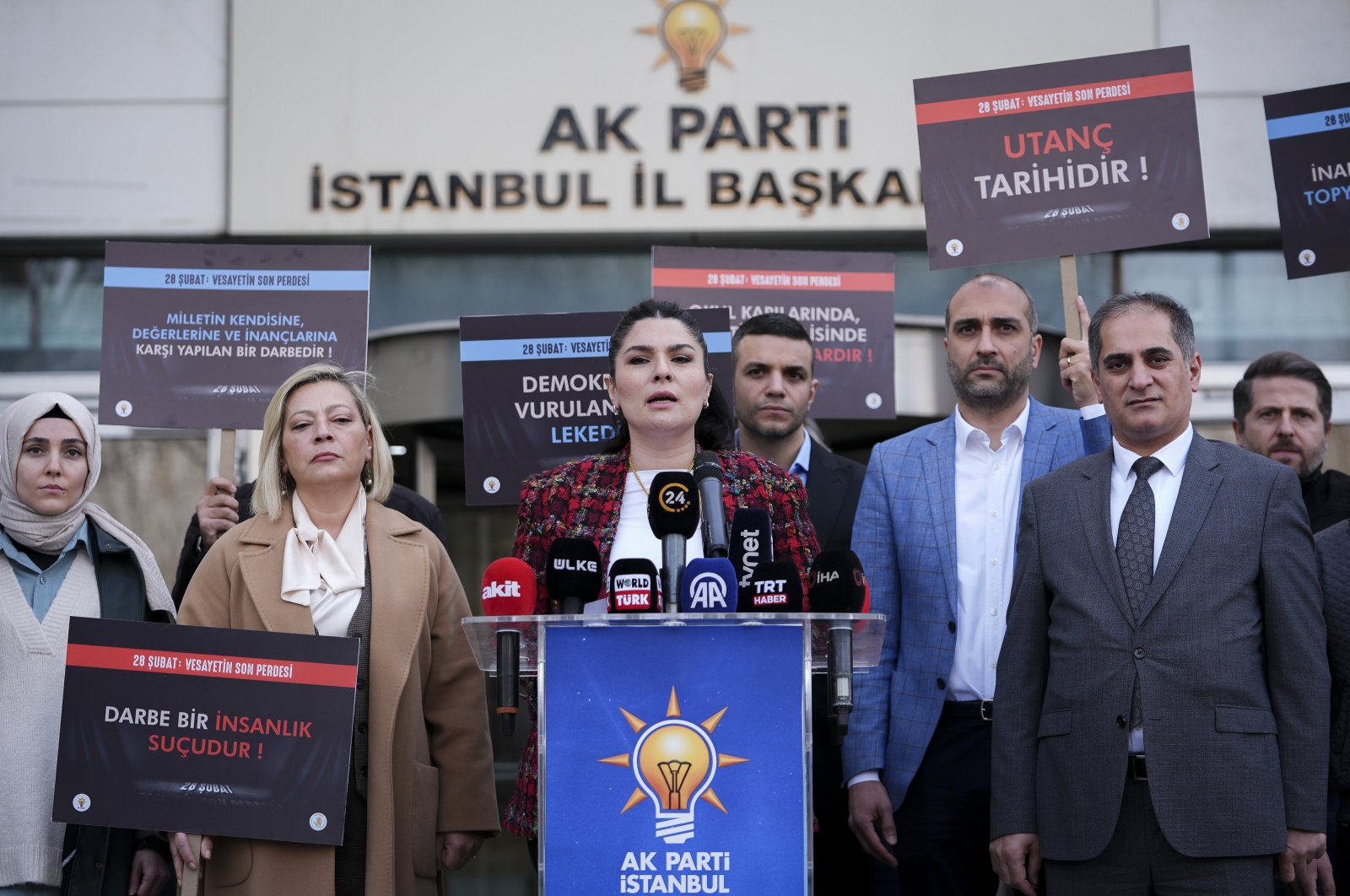

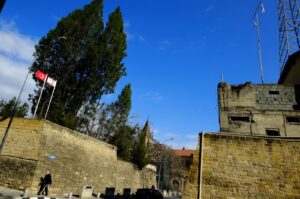
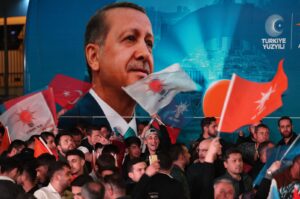

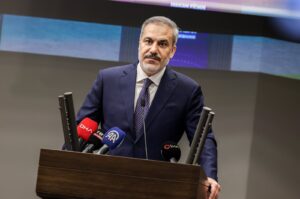

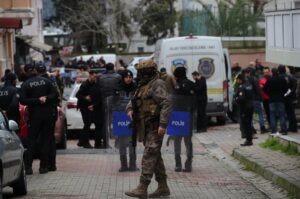



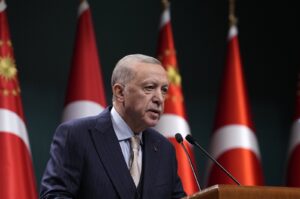
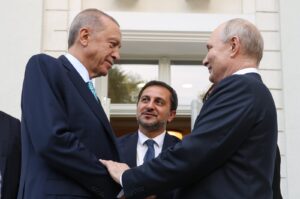
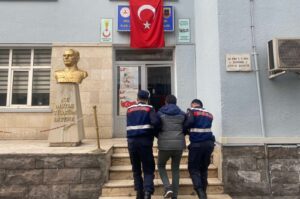
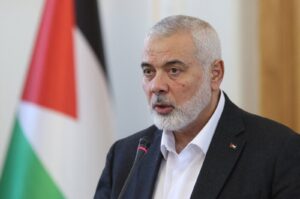
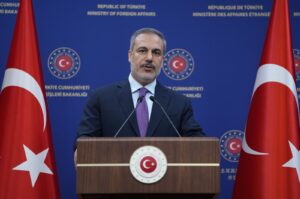

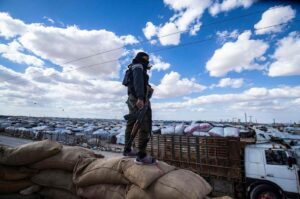
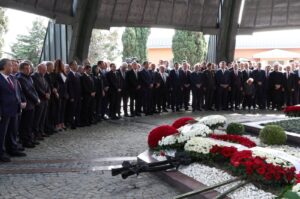
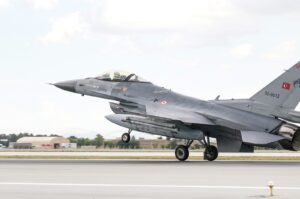
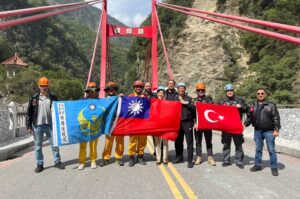
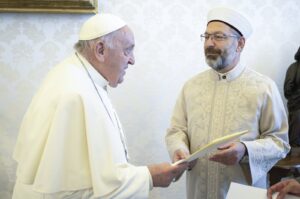

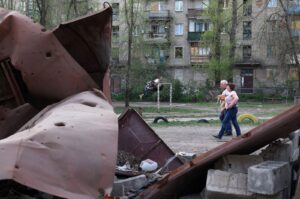
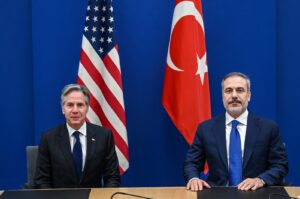
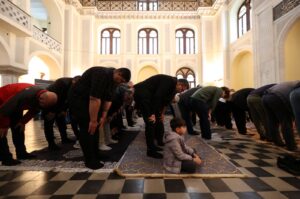


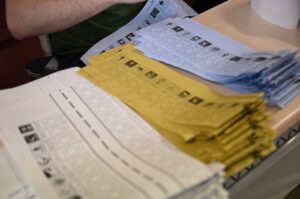
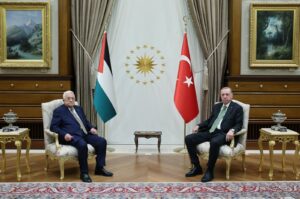
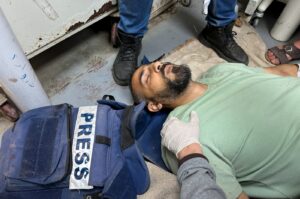
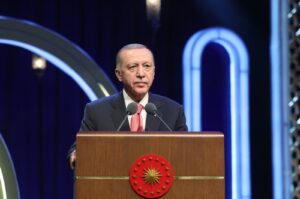

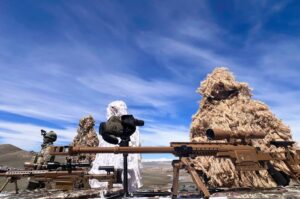
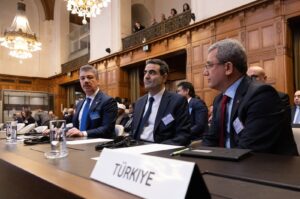
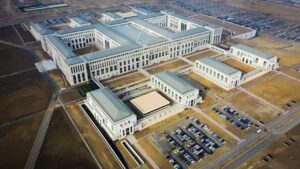
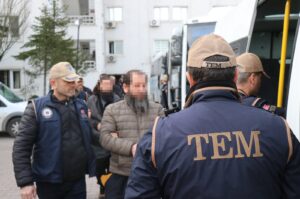
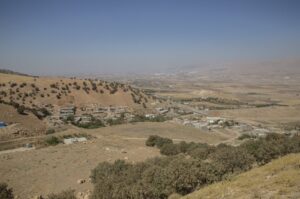
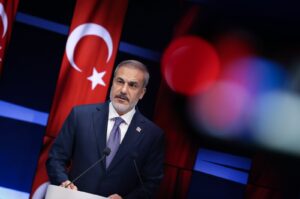

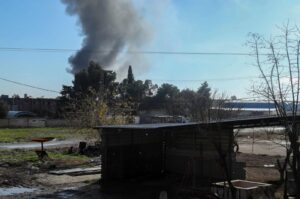

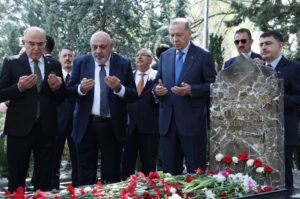
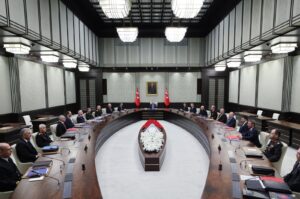
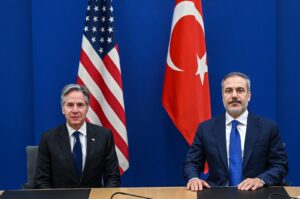
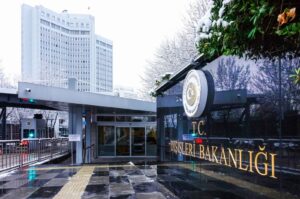
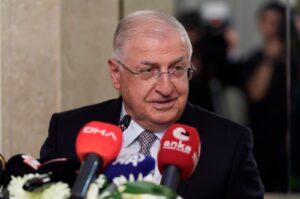

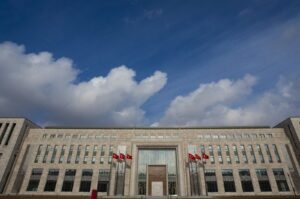
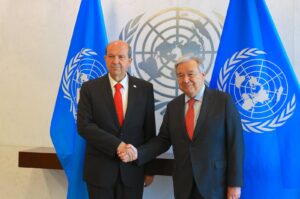
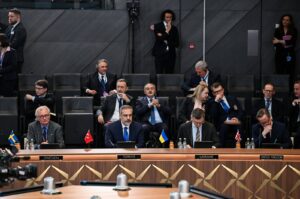
Be First to Comment